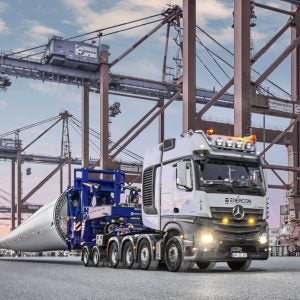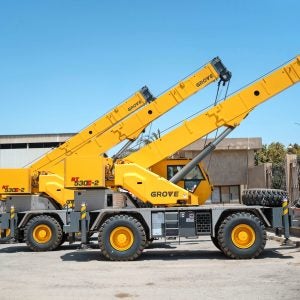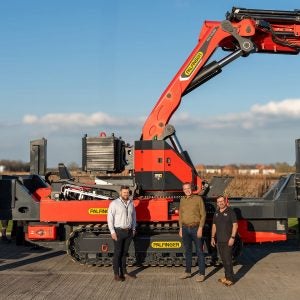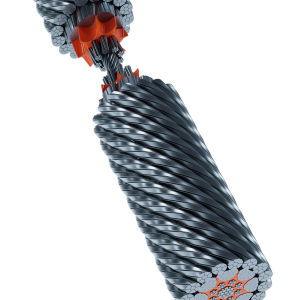The union says that its members will be able to bring jobs in London and the UK ‘grinding to a halt’. From the Cranes Today of_ces in central London, the role of HTC operators is clear: the company’s red Wolffs pierce the skyline across the city, across many major job sites.
UCATT general secretary Steve Murphy says that the dispute is likely to extend beyond HTC to other crane companies across the UK. His argument is that crane operators have given up pay rises when the industry was going through tough times, but aren’t enjoying the bene_ts of its recovery: "Crane drivers are fed up. They have endured years of pay cuts and seen their pay fall in real terms. The industry is booming but their employers are not prepared to pay up."
While UCATT’s reach only extends to the UK, the pick up in crane utilisation rates is re_ected around the world. In the USA this year, at ConExpo, the tower crane owners Cranes Today spoke to fairly consistently said utilisation was up. Across parts of Europe too, we’re seeing signs of recovery.
Operators around the world will be seeing this too. They will naturally feel that they should see the impact of the industry’s recovery in their pay packets. That expectation needs to be acknowledged, or further disputes will follow. UCATT says that the stand it has taken has resulted in a surge of membership among crane operators.
This isn’t the _rst industrial action by crane operators in the UK. Back in the late 90s, operators won concessions from crane owners with the threat of industrial action. They’ll no doubt be looking at those successes today, and expecting the same results.
What can crane owners do then to forestall disputes like this? First of all, they need to negotiate with unions in good faith. HTC managing director Dave Holder says that is what he has been doing, meeting regularly with UCATT’s local rep.
Holder says that the recovery in the industry is not as clear as UCATT presents it. While utilisation may be up, the market remains _ercely competitive, and Holder says the recovery is not yet re_ected in growth in revenues. Talking about this on the Cranes Today LinkedIn group, I heard the same from others in the industry. One Irish analyst pointed out that rates in the Republic are still 30% less than they were before 2007. At the same time, equipment and other business costs have risen. A UK crane dealer and hirer agreed, saying that rates were too low even in the peak, and have not returned.
If this is the case, then crane owners need to make the state of their businesses clear to their staff. They need to make sure operators can trust them to share the bene_ts of a true recovery when it comes. Both sides should continue to talk, openly. Widespread industrial action will ultimately hit everyone’s pockets, and should only be entered into after careful consideration of the real state of the industry. Will North Editor






